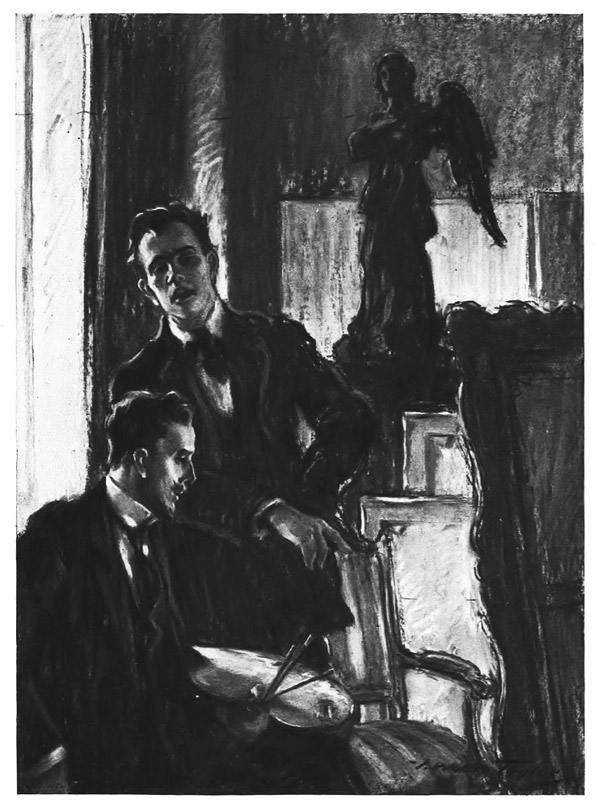
Once, Espinoza says, when the two were hanging out, he showed Tytell his knife collection, unimpressive blades he bought at Walmart to protect himself while hitchhiking along Route 60. A couple of days later Tytell presented Espinoza with a knife he had made by hand for him, melting down carbon and steel over a charcoal fire. Espinoza says that Tytell’s obsession with weapons seemed more about self-protection in a dangerous land than about killing. Both men loved the outdoors, knives, and martial arts. And both appeared to share in the American faith in starting over: Each moved to the West Bank to shed his former life and dedicate himself to the land and the Torah. —“‘V’ Is for Victory,” Will Yakowicz, Tablet
Please use anesthesia when amputating my limbs;
you call it flattery–I call it actionable;
loud neighbors, beware;
zip it, lady, and other acts of passive aggressive undermining
Has there ever been a historical moment when the mass of adult humanity did not spend most of their time not having sex, when life was not (fill in the historical blanks) largely “a matter of shared mortgage payments, evenings curled up on the couch in front of a video, or maybe a night in a hotel for an anniversary”? Elsewhere, Ms. Paglia speaks glowingly of the “ribaldry chronicled from Shakespeare’s plays to the 18th-century novel.” But surely this posturing academic knows as well as anyone that behind the ribaldry was the daily horror of children forced into marriage and lords of the manor raping their servants when they weren’t busy raping their wives. Or is the right not to be fucked to death yet another contemporary falling away from “the elemental power of sexuality”? —“The End of Sex: Goodbye Highbrow Smut,” Lee Siegel, New York Observer
“CONFORMITY * (FEAR + CONSEQUENCES) / BALLS = DURATION OF WORSHIP”;
why in the world would you jump out of the spaceship (it’s on fire);
our secret is more secret than your secret, and not just because it’s French
In each store, the jewelry cases had index-card-sized signs stating that gemstones may have been treated, and that customers should ask staff for more information. Before each purchase, the reporter asked the salesperson to explain the treatment each ruby may have received. Each employee acknowledged that the rubies may have been heated, a commonly accepted practice that permanently improves color and clarity. None mentioned the possibility that the rubies may have had fractures filled with glass… or were glass-ruby composites. —“Macy’s sells rubies ‘filled’ with glass,” David Johnson, SF Public Press


